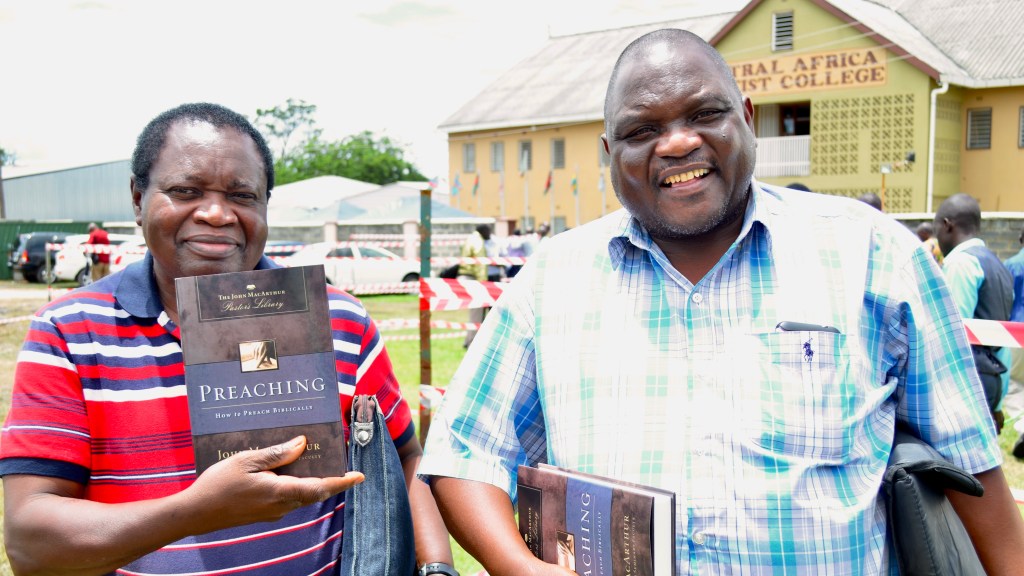Your view of church discipline is determined by how you understand the gospel. At Kitwe Church we believe and preach a gospel that proclaims Jesus as our Savior and Lord! However, when a church is built on a user-friendly gospel that makes few demands upon believers and offers low accountability, it is unsurprising that church discipline becomes a foreign concept to many of our churches in Africa.

Jonathan Lehman, in the preface of his book Church Discipline, wrote, “The world does not need a Christianized shadow of itself. It needs something full of light and flavor, something distinct.” This captures the heart behind the importance of church discipline. Discipleship relationships should naturally discipline us toward godly living. To be discipled is to be disciplined. The main avenue of this discipline is formative. Disciples mature through formative instruction involving both encouragement and correction.
In a formal sense, church discipline is the process that ultimately results in the removal of an unrepentant individual from church membership and a refusal to participate in the Lord’s Supper. The removal of an unrepentant member is a statement by the corporate body that it can no longer affirm the person’s profession of faith, as the person has resisted the correction of the Scriptures.
In Zambia, and probably in most of Africa, discipline is often viewed negatively due to cultural understandings surrounding retribution and cultural authority. It would not be uncommon for a pastor to single-handedly cast someone out of the church and forbid them from attending, generally not for moral failure or some other sin, but because that individual has not submitted to the elder’s authority and is perceived as a threat to their power and following.
In cases of discipleship leading toward formal church discipline, I have found it common to get a response of remorse from the offender. However, this response is often driven by the shame that would be felt if the disciplinary process continues to a formal and public stage. I have found that the difference between true repentance and remorse is that remorse is self-focused, concentrating on the consequences of sin, while godly sorrow is focused on the cause of sin and leads to repentance. Biblical discipline is always seeking genuine repentance.
Church discipline is commanded in the Scriptures and must be enacted if we are to have healthy, God-honoring churches in Africa. A biblical understanding of the doctrine of the church must precede the implementation of biblical church discipline. Patience will be required to teach congregants and systematically guide them toward embracing a biblical mindset on these matters.
Further Suggested Reading: The Church and the Surprising Offense of God’s Love and “The Rule of Love” both written by Jonathan Leeman.





Leave a comment